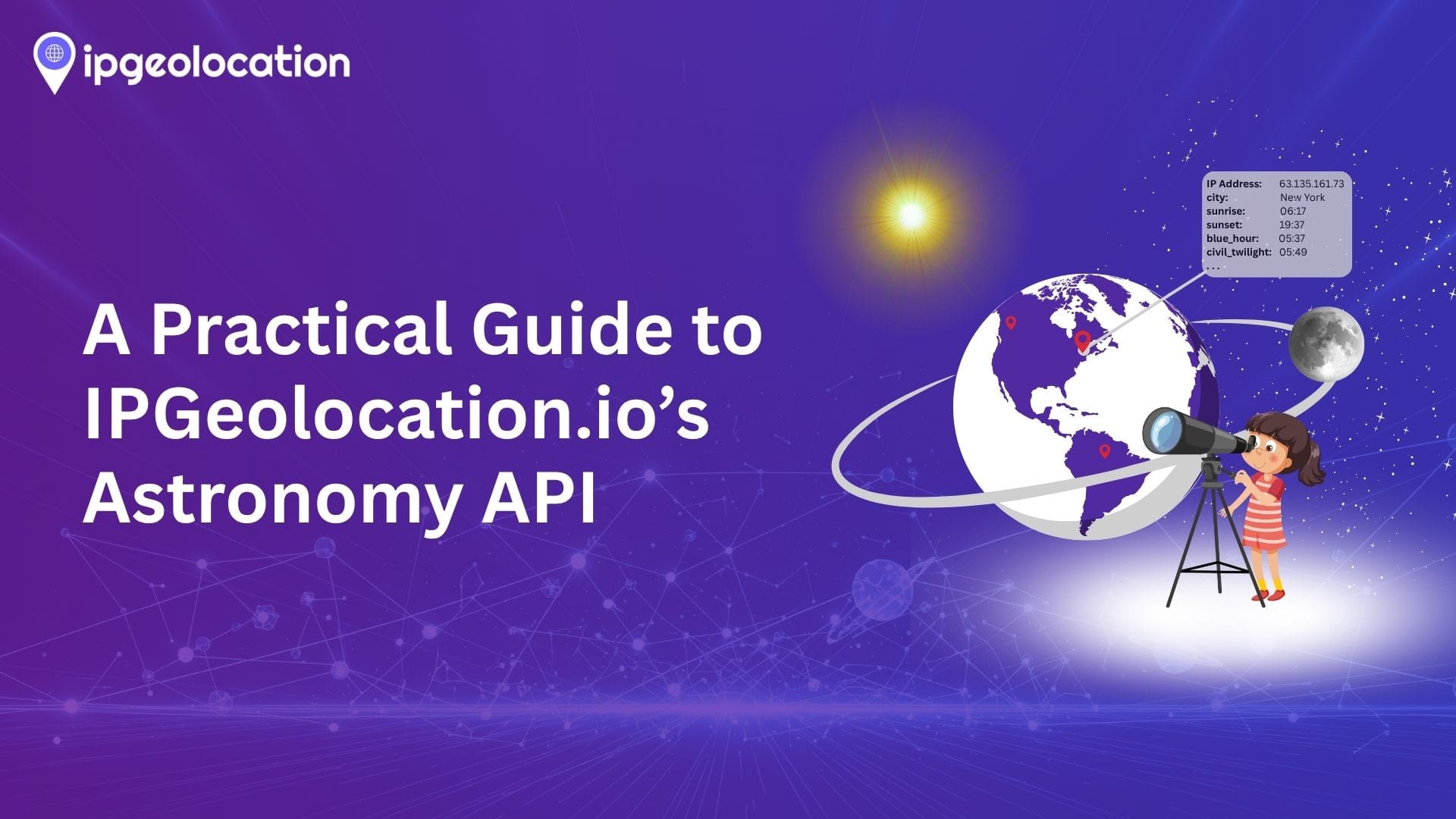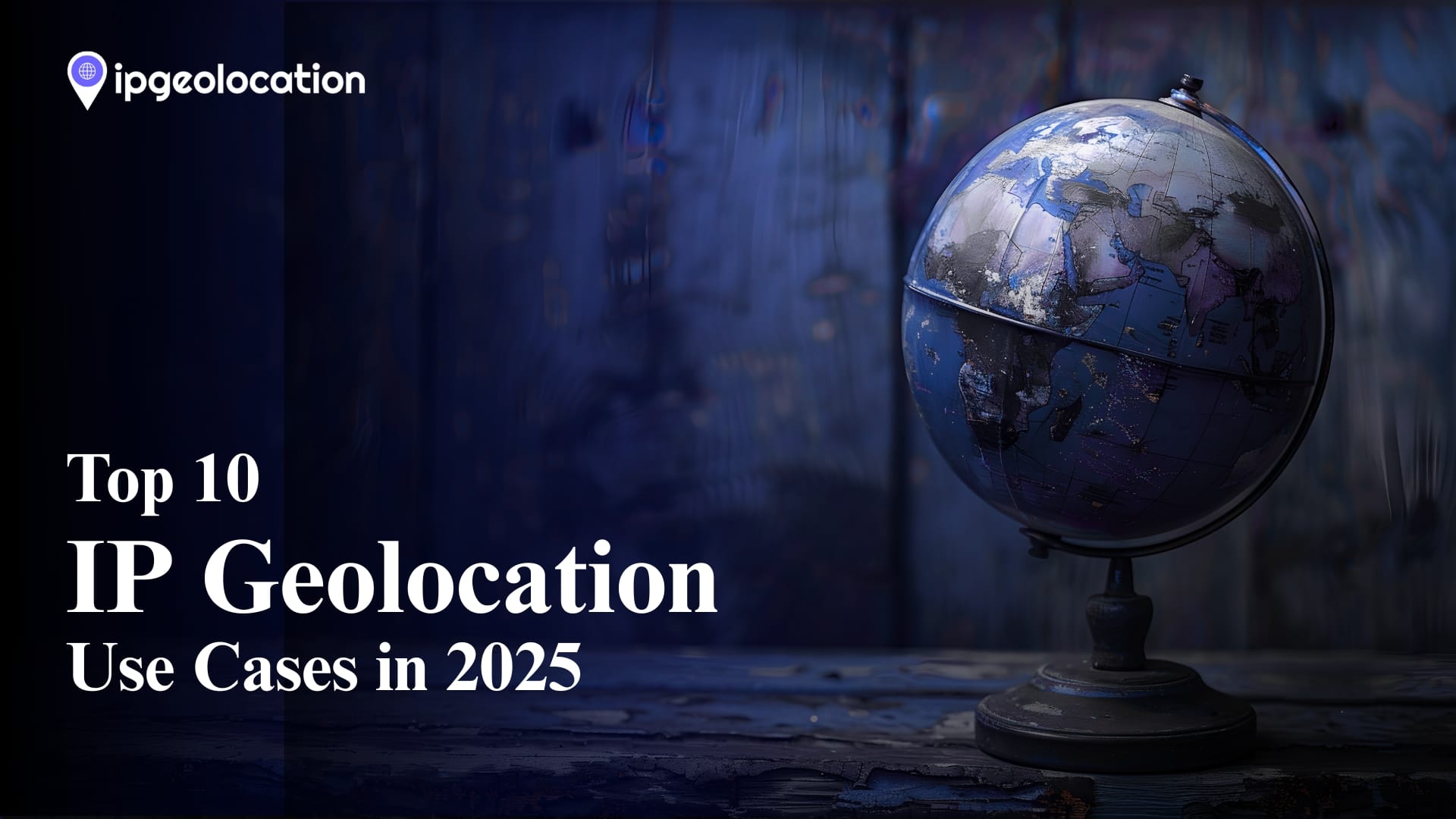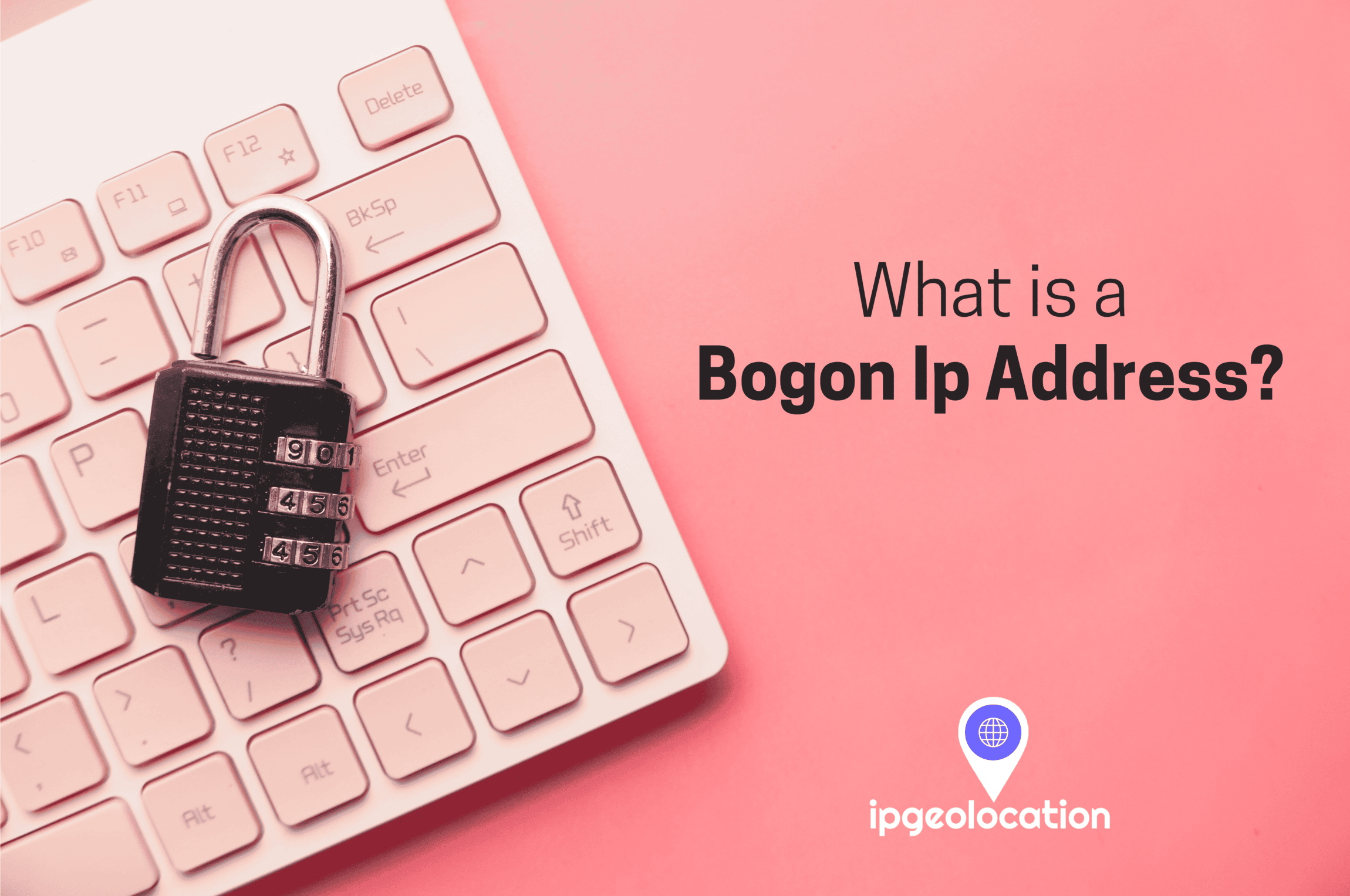Table of Contents
More than 4.5 billion people in the world own a cell phone. That's way more than half of the whole world's population.
We practically live on our mobile devices aka cell phones, tablets, laptops etc.
From waking up until the moment we go to sleep, we are constantly using our mobile devices for one thing or the other.
Ordering lunch? Use Uber Eats.
Buying a dress? Use Thredup..
Watching your favorite series? Use Netflix.
Going for a vacation? Use TripAdvisor.
Looking for a room to rent? Use Airbnb.
Want to shop accessories? Use LoadBasket.
With so much use of mobile devices, user experience has been enhanced beyond what we ever imagined (and it's improving day-by-day).
We turn to our devices for all our needs and businesses are taking full advantage of this. Gone are the days of one-for-all, generic ads. Today, each ad is carefully targeted for each person keeping in mind his age, location, activities, hobbies, tastes, and preferences.
Out of all these things, the only thing we can find out without the user engaging with us is his location. And marketers are using it to their benefit full-force.
Exact location requires permission, but IP Geolocation is a non-invasive way of finding out where your visitor is coming from.
What is IP Geolocation?
IP Geolocation is a technique used to find out the geographical location of the user using his IP address. Wherever in the world, you use the internet, you will be assigned an IP address. This IP address contains your network identity and your location information. This information is used by online businesses to recognize their visitors.
This method of geolocation may not be accurate to-the-tee, but it sure is useful as heck.
Benefits of using IP Geolocation:
- It's non-invasive. Unlike other methods (which are albeit more accurate), this doesn't involve giving up your exact location. There are hundreds of websites and apps which use GPS to track your exact location. This increases the probability of data breach. Many companies sell this data to bigger companies which further use it to ad target a wider audience. (Remember Cambridge Analytica Scandal? )
Whereas, IP geolocation returns data such as your country, city, latitude, longitude, time zone, postal code, calling code, language etc.
Nothing that gives out your exact location and personal information. - It's easy to implement. The only effort required from you is to install an API on your website and you'll obtain all the info you need which can be further used for your ad targeting and retarget.
- You can do so much with so little. You don't need to know the exact location of your visitors to know what content needs to be shown.
Food chains like Starbucks and McDonalds locate which region their visitors are coming from and they're shown the website content (menu and store locations) for that country.
Apart from this, this is the most economical way to geolocate your visitors. IP geolocation doesn't cost you an arm and a leg but gives the value you need to optimize your business.
Let's take a look at some examples of e-commerce stores which are using geoIP for better customer experience:
If someone is doing IP address geolocation right, I have to say, it's Bloomingdales. From currency to language, everything is locally optimized for the best user experience. As soon as you enter the website, you can see a pop-up that shows their international shipping and prices policy. These are the 2 versions of the pop-up in Sweden and Pakistan.


They have used translation for a great personalized UX, also their website shows prices in the local currency of the visitor. This clever use of IP geolocation leaves the visitor pleasantly surprised and compelled to buy.
This wise use of geoIP makes shopping the best and most convenient experience for each website visitor.
The luxury glasses brand website is another example which uses IP geolocation to target visitors the moment they enter the website. They are shown websites in their native language along with products that are particular for that region.
Everybody loves sales, discounts, offers, and coupons. Ray-Ban knows their target audience and they use this to their advantage by presenting unique offers and discounts to buyers from different locations.
Their US audience sees an exclusive deals page which their UK audience don't.
This is how Ray-Ban is offering exclusive discounts to US visitors:
- Louis Vuitton
Louis Vuitton has region-specific websites which make for a great first impression. Take a look at their France website.

And this is their US website:

Different campaigns and different languages.
This makes for a great user experience and makes the visitor stay longer on the site and the chances of buying increase by 6-7 times.
Bellroy is a Shopify store which sells premium leather products such as bags, laptop cases, wallets, key covers etc. Not only the store is designed beautifully with a sleek look and color combination, but it also uses geoIP very smartly. As soon as you enter the website, you can see "We ship to {your country name}" right there in the upper left corner.

This makes me want to stay on the website and at least look at the products. Who knows, someday I might get a car, and I would need a key case. The fact that they know where I am from instantly gets my attention and increases my trust in Bellroy. 😄
Who doesn't know the e-commerce giant Aliexpress? It's the biggest online retailers in Asia owned by Alibaba. It's the biggest B2C platform in the world with buyers in over 220 countries.
Being such a giant, Aliexpress uses geo IP. A platform that delivers internationally, needs to know where the visitors are coming from. On the front page of the website, you can see in the header your country location for shipping purposes.

In this case, I can see that the website has detected my location i.e. Pakistan.
But I must say, it needs to expand the usage of IP geolocation to currency too. That would make for an even better user experience.
ASOS is a British-based fashion brand catering to young adults. They have a very colorful and lively website and they have cleverly used IP geolocation to appeal to their visitors. The website is language optimized for different regions. This is a peek of their website for Sweden. Translated into Swedish with a tiny flag in the corner tells that it recognizes the visitor coming from Sweden.

Translating your website is one of the best ways to personalize content for your visitors. Only 25% of the internet users in the world speak English. So, if you're not targeting the rest of the 75%, then you can't compete with those who are.
- An IPShopbop
Shopbop is another great example of smart usage of IP geolocation. The visitor's location is instantly recognized and he sees the website in his local language with prices in local currencies.
This is what a Chinese buyer would see when he visits the website:

A personalized website makes for a pleasant effect on your buyer. It gives your brand that "local" feel which makes people relate to you. Your brand will get stuck in the minds of your buyers. And they won't hesitate before coming back to you again.
This is the magic you can do with your own geo IP. It takes your personalization to the next level without being too intrusive.
We connect more with people who speak our language. That's just normal psychology of any human. So, why not we let our websites speak to our buyers in their own language? Especially if it's an international brand speaking your language, you will be more eager to hear what they have to say. IP geolocation will help your visitors stay and come back definitely.
On the technical front, if you have a multilingual website, you will be more visible to search engines by using a tactic called multilingual SEO. You can enter bigger markets by translating your website in more than one language.
Website personalization shows that you wish to be more in touch with your buyers. An IP geolocation API gives you just that without attacking your visitors' privacy. A personal touch without being personal.
Using geoIP will open new doors of opportunity for you to get a chunk of the bigger pie. So, let's tap into a market made up of half the world's population!
Subscribe Our Newsletter
Get the latest in geolocation tech, straight to your inbox.
Start for
Free
No Credit Card Needed
Access up to 1,000 requests/day with our forever free plan.
Sign Up Free















